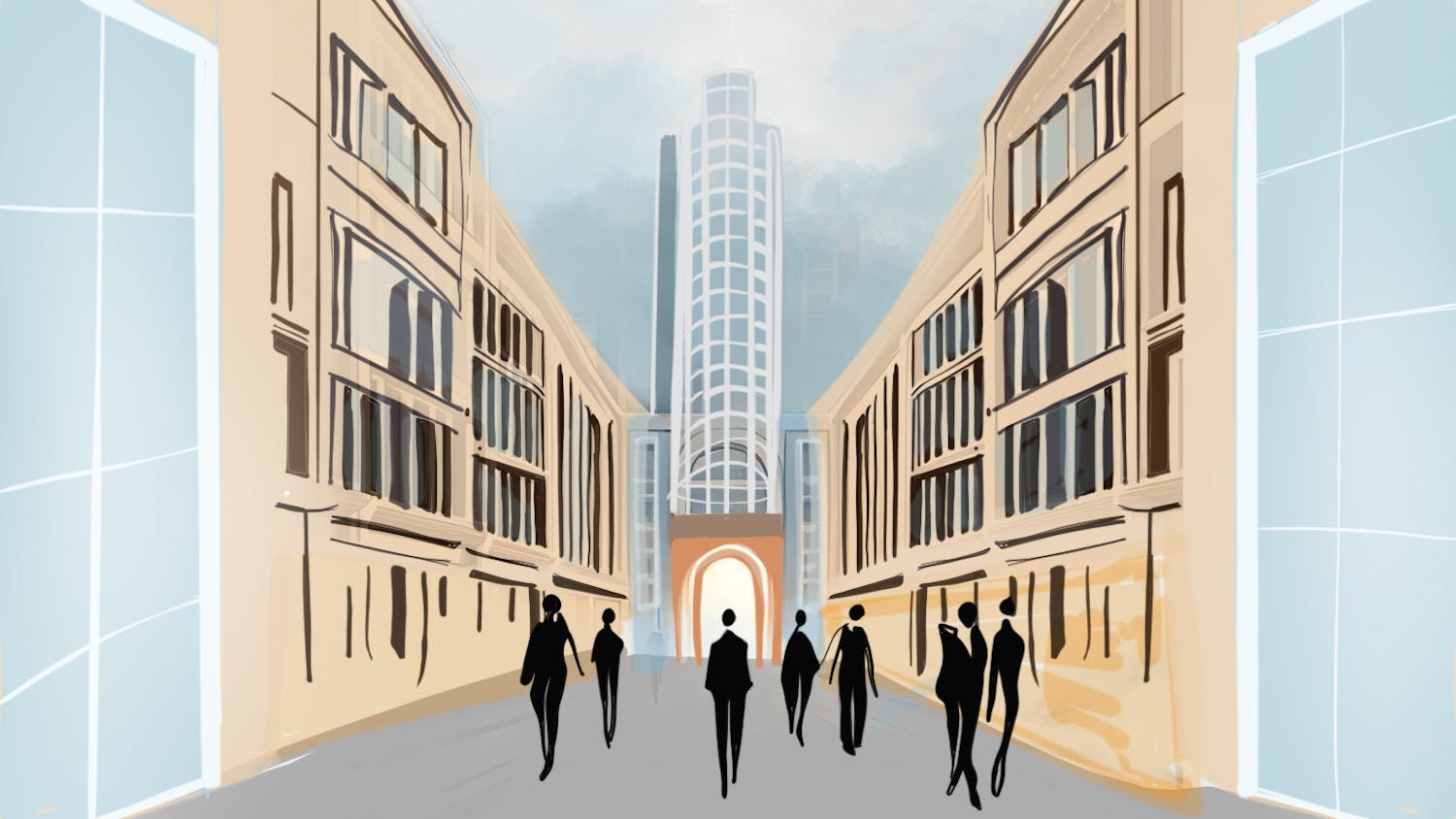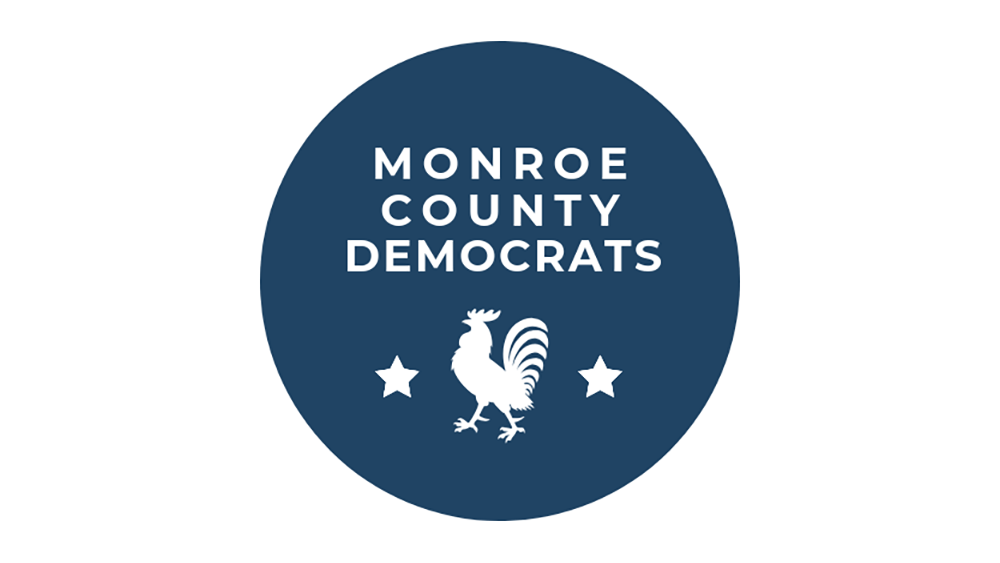Mutants. Since the discovery of their existence, they've been regarded with fear, suspicion, often hatred. Across the planet, debate rages. Are mutants the next link in the evolutionary chain or simply a new species of humanity fighting for their share of the world? Either way, it is an historical fact: sharing the world has never been humanity's defining attribute."\nThese words begin the second installment of the X-Men movie series, "X2: X-Men United." The CommUNITY Education Program held a screening of the film Thursday, along with a discussion afterward. The topic was the parallel between the movie and diversity issues in real life.\n"I wasn't that surprised this issue surfaced," senior Natalie Corey said. "X-Men comics have always been symbols of empowering people who aren't in power."\nSeveral scenes sparked analogies for audience members. Corey said the scene in which a high school student's parents learn he's a mutant is strikingly similar to a scene from a gay man's struggle with coming out. The student's mother is upset and asks him, "Have you ever tried not being a mutant?"\n"I think that scene made the parallel very evident," Corey said.\nSome characters even drew direct parallels to real people. For instance, sophomore Ken Cooper said the character Nightcrawler was based on Malcolm X. As evidence, Nightcrawler attempts to assassinate the president with a knife that bears the inscription "Mutant Freedom Now." In a famous speech in 1964, Malcolm X told a crowd of people, "We want freedom now, but we're not going to get it saying 'We shall overcome.' We've got to fight until we overcome."\nGraduate student Daniel Zeno said in the movie, just as in real life, the minority group is the proactive one.\n"The group that was oppressed had to take action," Zeno said. "The oppressed group is always the one trying to take care of themselves."\nBut senior Nick Blesch said diversity, in both reality and the film realm, is an issue involving the majority as well as the minority.\n"It's kind of pointless to talk about diversity if it doesn't include everyone," Blesch said. "Mutants can't solve their problems alone; they need the help of the humans."\nThe issue of minority silence ran central to the discussion. One scene in particular from the movie exemplifies this topic. When Nightcrawler asks Mystique why she doesn't use her mutant power of disguise all the time to look like "normal" humans, Mystique replies, "Because we shouldn't have to."\n-- Contact staff writer Rick Newkirk at renewkir@indiana.edu
CUE shows 'X-Men' film
Students discuss film's parallels with contemporary racial, gender discrimination
Get stories like this in your inbox
Subscribe





